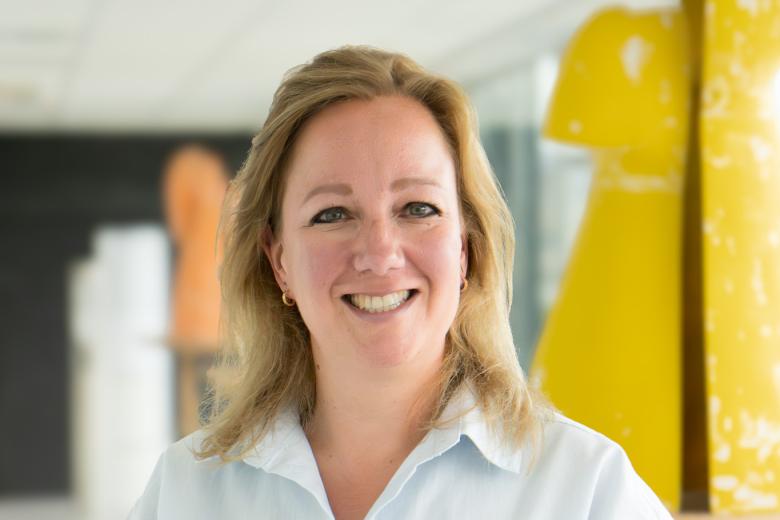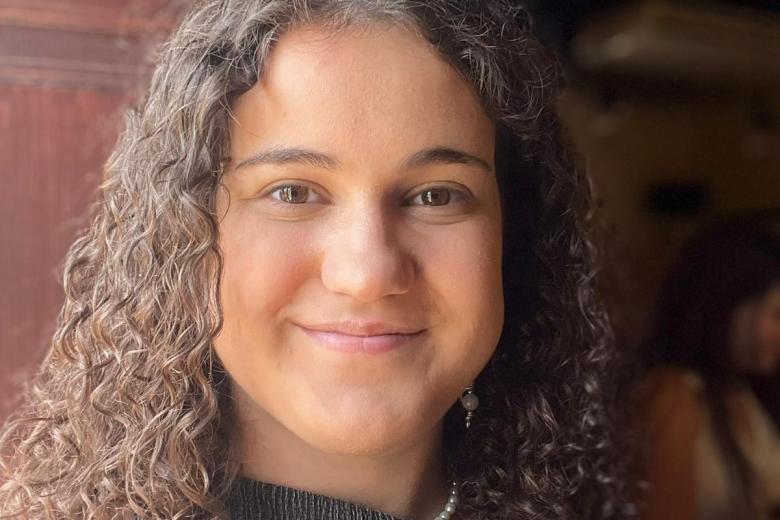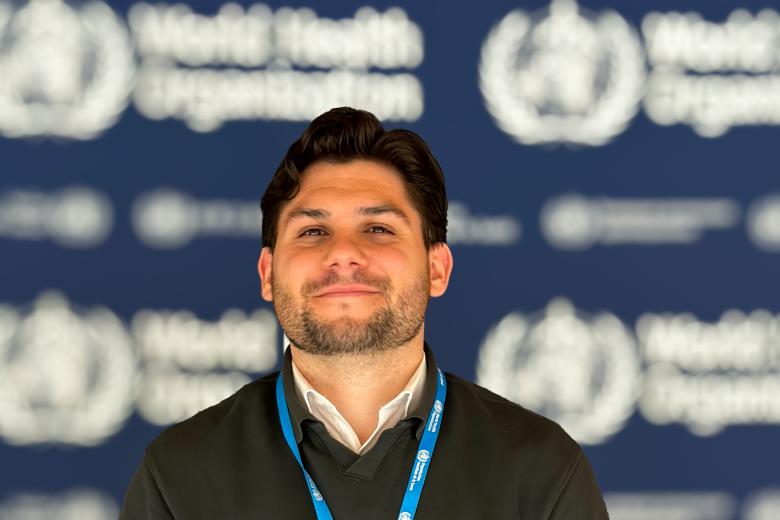Maastricht host city for European citizens' summit on the future of Europe
Europe is not only a central theme for the university. The city of Maastricht and the province of Limburg have also put Europe high on their own agendas. Of course, the geographical location plays a major role in this, but for several decades Maastricht has been inextricably linked to Europe due to the Maastricht Treaty, signed exactly 30 years ago.
When it comes to Europe, the city, province and university find each other. The most striking example of collaboration between the three parties is Studio Europa Maastricht, a centre of expertise for Europe-related research and debate. Studio Europa is the driving force behind the 'Maastricht Working on Europe' programme (link). The programme is aimed at positioning Maastricht and the region as a work and meeting place for discussion, debate, and knowledge and vision development on European themes.
Within the programme, citizens are given a voice. Critical voices are not shunned, because the firm conviction is that it is precisely an open debate that brings ‘Europe of the institutions’ and ‘Europe of the citizens’ closer together. The allocation of the European citizens' summit shows that Brussels has an eye for Maastricht activities. For the UM, Studio Europa is one of the textbook examples that underline how much it is a university’s responsibility to be at the heart of society.
Studio Europa and the European Institute of Public Administration (EIPA), also based in Maastricht, have been selected to host a pan-European citizens' summit in Maastricht on 11 to 13 February as part of the Conference on the Future of Europe. The conference is a joint initiative of the European Parliament, the European Council and the European Commission, enabling European citizens for the first time to participate in a series of debates and discussions about the future of Europe. The fact that Maastricht has been selected may be called special. In addition to Maastricht, the citizen panels will only settle in Dublin, Florence and Warsaw.
The allocation of Maastricht as host city underlines and confirms the ambition to make Maastricht the working and meeting place for discussion, debate, knowledge and vision development on European themes. Studio Europa has been working on developing and expanding this ambition for some years now. Studio Europa therefore focuses not only on research, but also emphatically on activities and media productions to bring Europe closer to its citizens. Activities are not purely of a scientific nature, but in all cases they aim at building bridges.
Activities for citizens
- The European Cartoon Award, established in 2019 together with the European Press Prize, is such an activity. The aim is to encourage cartoonists in their work. Cartoons are part of the public debate in and about Europe. In the universal language of the image, they transcend boundaries and put their finger on the real issues. Averse to conventions, challenging, creative and playful; cartoons are the hallmark of an open and democratic European society.
- In Café Europa, a podcast by Studio Europa and Haagsch College, Professor Mathieu Segers – Europa chair at Studio Europa - and journalist Annette van Soest discuss the background to European news with prominent guests. The talking points include intrigue, power and the chess game between European leaders. How does the EU really work? And what do we notice about that?
- The Expert Interviews series (link) focuses on current events in Europe. In the series of audience-friendly interviews, Studio Europa speaks to scientists from different disciplines. Approaching current events from various disciplines, they explain complex problems in Europe from many viewpoints, across the boundaries of these disciplines. Among other things, European politics and policy, the socio-economic situation, ethical-medical issues, technology and education are discussed, in order to make the various causes and consequences of a problem understandable.
Activities with citizens
In addition to these activities, Studio Europa organises events in which citizens are actively involved:
- Werkplaats Europa [Workshop Europe] brings together parties in the Meuse-Rhine Euregion for whom European and Euregional cooperation is important. It is the place to meet, share best practices, learn from each other, make ideas concrete and explore new, sustainable collaborations for a better Europe. In 2021, two editions of Werkplaats Europa took place. The first included members of the European Youth Parliament and the discussions zoomed in on digital innovation issues in the Euregio Meuse-Rhine online. Companies from the region entered shared their views on the digital challenges of the future with 200 young people from all over Europe. The European Committee of the Regions joined the second workshop, which was about how regions can participate in the Conference on the future of Europe.
- The 'Sketch of Europe' is a video series in which Studio Europa moves into the region and brings the conversation about Europe and its future to the public arena. The starting point are various current events and developments that are important for Limburgers, people living in the southern Dutch province of Limburg.
- Mestreech'92 (only available in Dutch). The use of the dialect name for Maastricht in the title of this initiative clearly indicates that Studio Europa is moving in the direction of the citizen. Historians hold talks with Maastricht residents and other Limburgers for a year. They reminisce about the Euro Summit on 9 and 10 December 1991 and the signing of the Maastricht Treaty on 7 February 1992. In May 2022, Studio Europa will present the collected stories in the context of the 30th anniversary of the Euro Summit and the Maastricht Treaty.
Anyone can participate
Now, the European citizens ‘summit is approaching and here, the threshold is also low: anyone can participate. Citizens are chosen at random to represent a reflection of European society. In doing so, the organisation has taken into account geographical origin, gender, age, socio-economic background and level of education. One third of each panel will consist of young people between the ages of 16 and 25. The conference website allows citizens to share their ideas about the future of Europe.
EU in the world and migration
The themes of the EU in the world and migration will be discussed at the citizens' panel in Maastricht. Two hundred participants will talk to each other at various locations of EIPA and the university. Of course, there is also a debate on the birthplace of the Maastricht Treaty, the Gouvernement on the Meuse. Maastricht University and Studio Europa welcome the fact that the summit will be held in Maastricht. It clearly shows that the choice to place science at the heart of society is the right one.
Also read
-
Mariëlle Heuts: deputy director Faculty of Health, Medicine and Life Sciences
Mariëlle Heuts joined the Faculty of Health, Medicine and Life Sciences as Deputy Director on 1 May 2025. She sees her previous work experience in various management and advisory roles at APG, Loyalis and Vodafone come together in her new position at our faculty.

-
Alba Villagrasa Martín - The world of innovative personalised medicine
You must have heard about the extensive waiting lists for people who need organ transplants. Perhaps you spoke to someone dealing with limited mobility after a complex fracture. So, you worry about the future and what could happen if you fall ill or have an accident. But in the future, we’re heading...

-
Bruno Rocha – Drawing on Global Health skills to identify and report health threats
Through the Global Health master's programme, Bruno Rocha (an alumnus of the programme) cultivated the ability to apply a broad global lens. He puts this into practice in his current role as a consultant epidemiologist at the World Health Organization (WHO).
